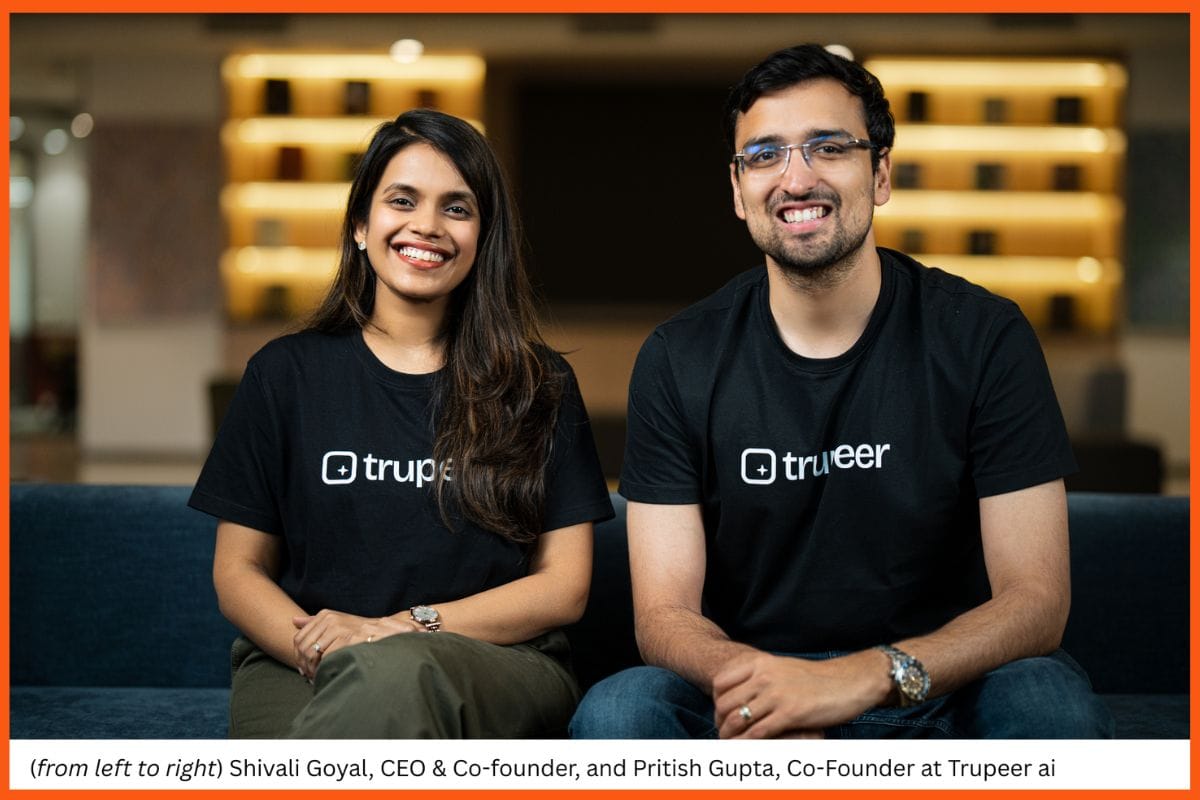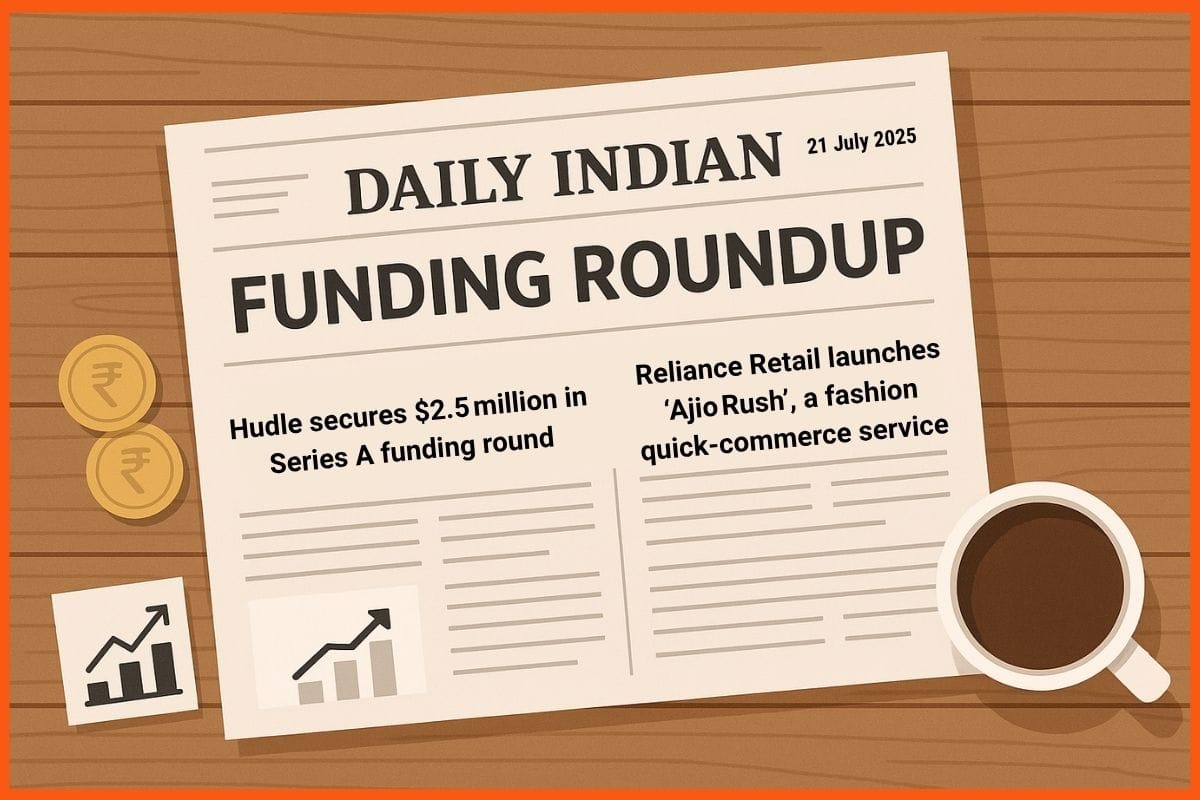The largest IT services provider in India, Tata Consultancy Services (TCS), has stated that it is still dedicated to onboarding all experts who have been offered positions, despite several reports that experienced hires in various cities have been facing extended delays in their joining dates. TCS can confirm that, as usual, TCS is committed to honouring all offers we have made, whether they are to experienced professionals or freshmen, according to the company’s statement provided to People Matters.
What Led to the Onboarding Delays?
The company will onboard all of the people who have gotten an offer from TCS. The joining dates are chosen based on company need, and occasionally they are modified to accommodate our demands. In these situations, TCS stays in constant communication with each candidate and hopes they will soon join our team.
The clarification comes as professionals who claim to have resigned from their prior positions to join TCS, citing official offer letters and specific start dates, are becoming increasingly concerned. Many of these professionals were hired for lateral positions in Bengaluru, Hyderabad, Pune, Kolkata, Mumbai, and Delhi. Their experience ranged from two to eighteen years.
Candidates Share Frustrations Over Delayed Joining
Some applicants claim that because their names were not on the onboarding list, they were refused admission to TCS’s facilities on the day they were supposed to start working there. Others claim that after getting the first confirmation, the company’s HR personnel stopped communicating for a long time.
NITES Demands Government Intervention
The Nascent Information Technology Employees Senate (NITES) raised awareness of the problem and requested government action in a representation written to the Union Labour and Employment Ministry.
Hundreds of mid- to senior-level professionals have been impacted by the delays, the company claims, and many of them had already committed financially and personally based on their anticipated onboarding.
In order to promote the health of those impacted, NITES advised the ministry to ask TCS for a formal, time-bound onboarding strategy, provide reimbursement for the delay, and expand employee assistance programs.
TCS Clarifies: No Offers Have Been Withdrawn
Although TCS has not disclosed how many people are impacted, the company’s official stance underlines that no offers have been revoked. According to the organisation, it is common practice in the IT services industry to schedule onboarding according to business needs, particularly during times of fluctuating demand or client project modifications.
Large IT companies frequently use this kind of workforce planning flexibility, albeit entry-level employees usually bear the brunt of it. The recent developments are noteworthy due to the fact that they involve experienced lateral recruits, a significant number of whom left stable employment prior to the onboarding delay.
IT Sector Struggles with Global Demand Fluctuations
The incident occurs at a time when the Indian IT services sector is struggling with worldwide project delays, margin challenges, and irregular demand patterns. Many companies have paused hiring or adjusted their onboarding strategies, especially after hiring too many people during the 2021–2022 surge in demand for digital transformation.
Although employment offer letters may contain legally enforceable terms, most contain provisions that permit employers to postpone start dates in accordance with internal business needs, according to legal experts. However, trade organisations and impacted professionals contend that a lack of clarity on onboarding deadlines or extended silence can damage trust and cause significant personal pain.


